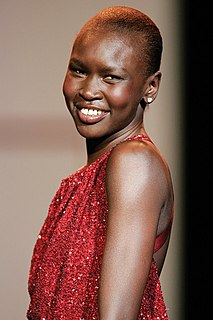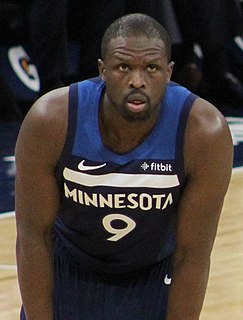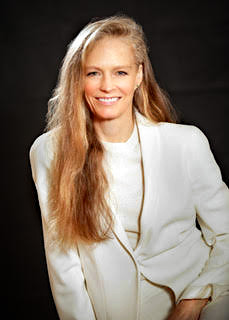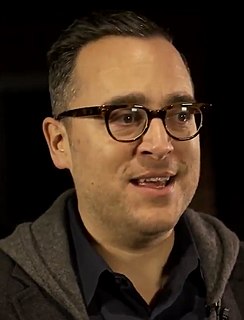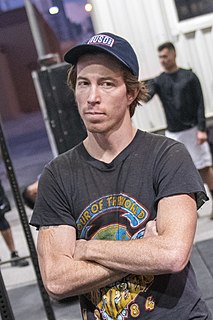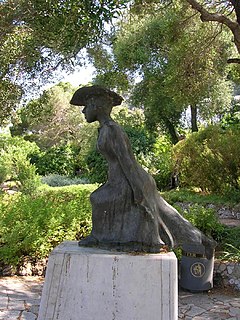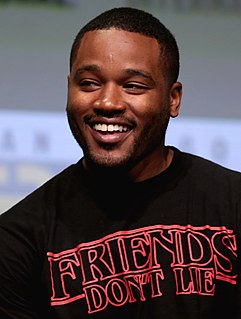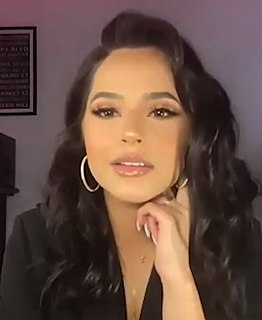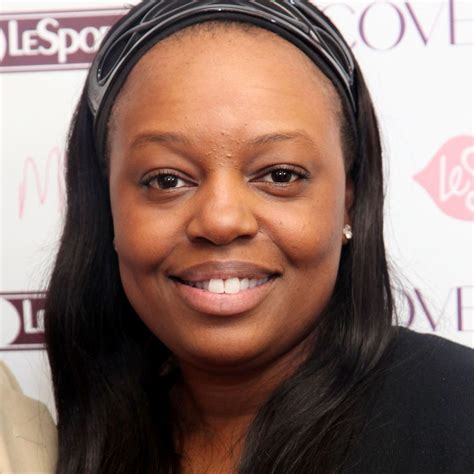A Quote by Alek Wek
In my country, families are raised as though they are one. Although I am from the Dinka tribe, my parents didn't raise us as the Dinka tribe. They raised us as the Wek family, in the way they believed their children should grow up. So when you leave, the first thing you think is the ones you left behind. It's natural to help them in any way you can. I found a way to support myself rather than asking my Mum to give me money. I would work before school and send money back to pay for their rent and food.
Quote Topics
Although
Am
Any
Asking
Back
Before
Behind
Believed
Children
Country
Families
Family
First
First Thing
Food
Found
Give
Give Me
Grow
Grow Up
Help
Leave
Left
Left Behind
Me
Money
Mum
Myself
Natural
Parents
Pay
Raise
Raised
Rather
Rent
School
Send
Should
Support
Than
The First Thing
Them
Thing
Think
Though
Tribe
Up
Us
Way
Work
Would
Related Quotes
They had each other and there was a love between them that would withstand anything. Alina and I had always intuited, with no small wry pique, that, although our parents adored us and would do anything for us, they loved each other more. As far as I was concerned, that was the way it should be. Kids grow up, move on and find a love of their own. The empty nest shouldn't leave parents grieving. It should leave them ready and excited to get on with living their own adventure, which would, of course, include many visits to children and grandchildren.
The real game of Bigger and Better that Jesus is playing with us usually isn't about money or possessions or even our hopes. It's about our pride. He asks if we'll give up that thing we're so proud of, that thing we believe causes us to matter in the eyes of the world, and give it up to follow Him. He's asking us, 'Will you take what you think defines you, leave it behind, and let Me define who you are instead?'
I feel very grateful. I wasn't raised with money. My parents were schoolteachers; I was raised on a small farm. It never dawned on me that I would have a job that someone would pay me to do. Much less a job like this. It would be ridiculous if I had any complaints about it. And look - I've had the opportunity to learn an entirely new set of skills, and I'm bringing them to the work I'm doing now in filmmaking.
Before playing football, I didn't fit in anywhere. My parents didn't have a lot of money, which they spent on our education to send us to Catholic private school in Oakland, mostly black. The other kids had more money than I did. I started school early; I was young. So I'd come back to my hood and read.
When you come out to L.A. to make movies or to do this kind of work, everybody is coming out on their own and you leave your tribe behind. Then, it's a question of, that was your tribe by blood, and now, what is the tribe that you're making by choice or by what you think is important? I think we were having that experience, so somehow the cult world seemed really compelling.
But I'd rather help than watch. I'd rather have a heart than a mind. I'd rather expose too much than too little. I'd rather say hello to strangers than be afraid of them. I would rather know all this about myself than have more money than I need. I'd rather have something to love than a way to impress you.
I think a part of it was the way my parents raised me. I think that's part of being raised in a big Latin family. To get an adult's attention you have to do something crazy, and my way was dancing on tables and singing and dancing. That was my way of getting everyone's attention. I'm loud and I like being loud.
I knew I wasn't going to make money in the beginning, so I found another way to support myself - I was a receptionist. It's quite smart to work that way. Otherwise, you get vicious and desperate, and no one wants to work with you. Build your career slowly; then people start to trust you and pay you well.
